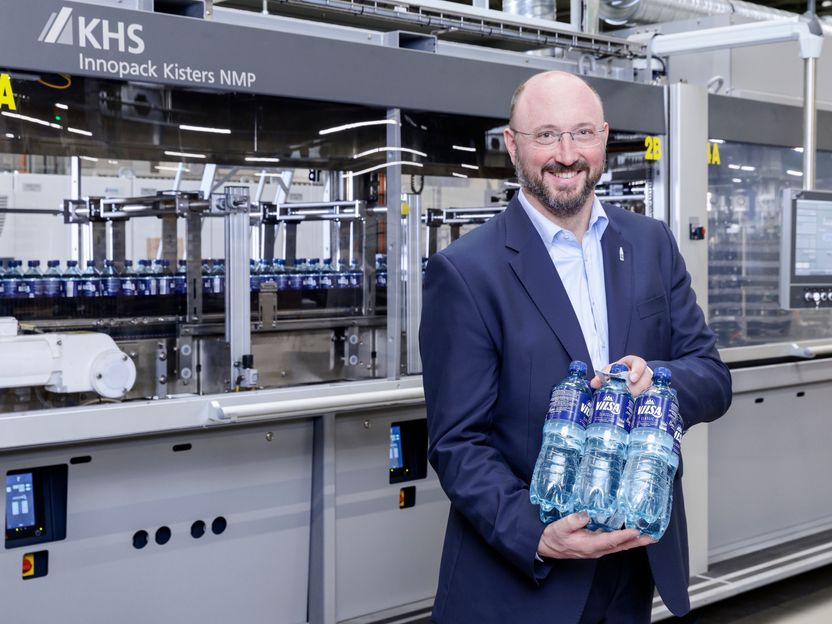EU egg sector will have difficulty to survive without import levies
Advertisement
Import levies protect the EU egg sector from large volumes of imports from third countries. If multilateral and bilateral negotiations with non-EU countries result in reducing or abolishing import levies, competition from non-EU countries is especially a threat when it comes to egg powder. In a scenario with 50% lower import levies, Ukraine and the USA already have a lower offer price of whole egg powder compared to the EU egg sector. In a scenario with 50% lower import levies combined with a 10% lower exchange rate, all non-EU countries have a considerably lower offer price of whole egg powder compared to the EU egg sector.
With a 50% decrease in import levies and a 10% lower exchange rate for the non-EU currencies, offer prices could be 7% (Argentina, India) to even 16% (Ukraine) below the average EU level. The ‘worst-case scenario’ consists of no import levies and a 10% lower exchange rate for the non-EU currency. In this scenario all non-EU countries would be very cheap suppliers of whole egg powder to the EU market. Offer prices could be 20% (Argentina, India) to even 29% (Ukraine) below the average EU level.
Production costs shell eggs and egg powder compared
The production costs of shell eggs produced in enriched cages in the EU in 2015 were on average 89 eurocents per kg of eggs. Between the main egg producing countries, the production costs of shell eggs in 2015 ranged from 95 eurocents per kg of eggs in the UK and 97 in Denmark to 85 in Spain and 83 eurocents per kg of eggs in Poland. The costs in the Netherlands, France and Italy are around the EU average. Compared to the average level within the EU, the production costs for shell eggs in 2015 were lower in Ukraine (-24%), USA (-21%), Argentina (-16%) and India (-13%).
For whole egg powder the non-EU countries were even more competitive. Compared to the average level within the EU, the production costs of whole egg powder in 2015 were lower in Ukraine (-22%), USA (-19%), Argentina (-15%) and India (-14%). Because the cost of transportation of powder is low, the offer price of whole egg powder from third countries is relatively low. Current import levies protect the EU from imports from these countries.
European legislation for egg producers
In the EU, egg producers have to comply with European legislation covering environmental protection, animal welfare and food safety. The additional costs directly related to European legislation, based on the situation in 2015, are estimated to be 16% of the total production costs of eggs at farm level. The extra costs of keeping layers in enriched cages (with 750 cm2 per hen) take a large share of this increase. In Argentina, India and Ukraine there is no legislation on animal welfare and laying hens are housed in conventional cages with a space allowance of 300 to 400 cm2 per hen. Between countries, regions and farms the density differs due to climate and management strategy.

























































